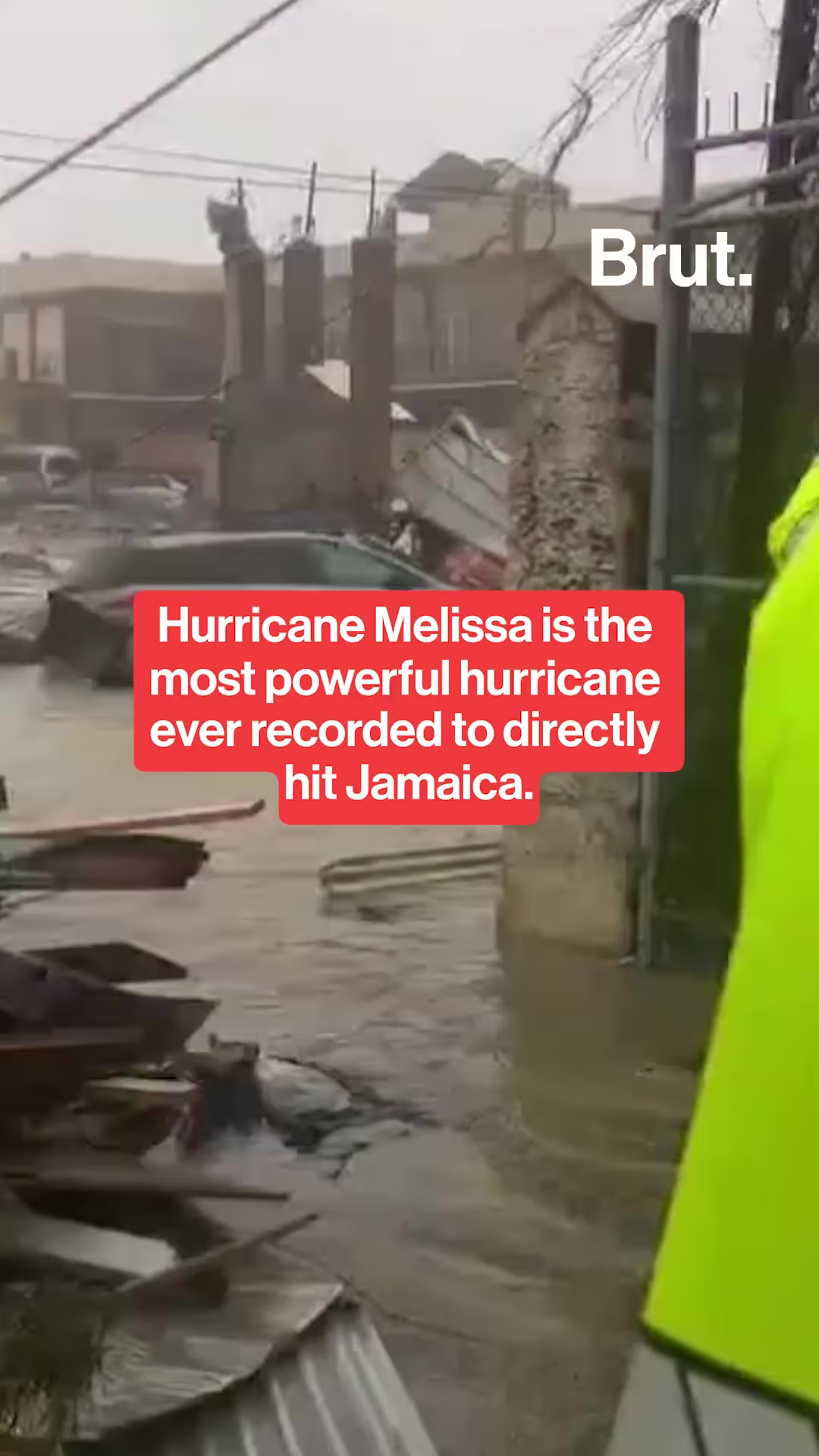How Humans Have Changed the Earth's Geology
Spreading the threat of human control
Anthropocene: The Human Epoch doesn’t show glorious visuals of natural landscapes — it shows how human industry is changing them. The documentary explores regions and their local communities affected by industrialization, like the palladium mines of Norilsk, lithium ponds in Chile, giant seawalls in China. The term comes from the Anthropocene Working Group — a team of scientists who say Earth has passed the 12,000-year Holocene Epoch into an age of human driven geology. Humans have altered and affected nearly the entirety of the natural environment, much of which is irreversible and permanent. Even processes such as the atmosphere, water, biosphere, geology and more have been affected by human activity.
These changes to nature, caused by human alteration and are supported by overwhelming evidence, are referred to as the Anthropocene. “The Earth is 4.5 billion years old and humans have really only been up and running in terms of contemporary civilization for about 10 thousand years. we kind of needed to show people wow here's a place this place that we have transformed in the blink of an eye. But it was important to us to make this project global. To say we're not pointing a finger over there or over there. This is the whole planet all at once. We're reaching a saturation point of understanding that makes me extremely hopeful as this global conversation becomes more and more urgent,” Jennifer Baichwal, Co-Director of the film tells Brut.
In the shocking new documentary, “Anthropocene: The Human Epoch,” a group of scientists investigates the effects humans have on the planet, and what this damage could mean for the future. Human civilization has caused the loss of 83% all wild mammals and 50% of all plants and degraded up to 40% of all agricultural land according to the National Academy of Sciences. But the directors are moved to hope for a better future by the work of young activists fighting for climate awareness.
Brut.
How Humans Have Changed the Earth's Geology
Spreading the threat of human control
Anthropocene: The Human Epoch doesn’t show glorious visuals of natural landscapes — it shows how human industry is changing them. The documentary explores regions and their local communities affected by industrialization, like the palladium mines of Norilsk, lithium ponds in Chile, giant seawalls in China. The term comes from the Anthropocene Working Group — a team of scientists who say Earth has passed the 12,000-year Holocene Epoch into an age of human driven geology. Humans have altered and affected nearly the entirety of the natural environment, much of which is irreversible and permanent. Even processes such as the atmosphere, water, biosphere, geology and more have been affected by human activity.
These changes to nature, caused by human alteration and are supported by overwhelming evidence, are referred to as the Anthropocene. “The Earth is 4.5 billion years old and humans have really only been up and running in terms of contemporary civilization for about 10 thousand years. we kind of needed to show people wow here's a place this place that we have transformed in the blink of an eye. But it was important to us to make this project global. To say we're not pointing a finger over there or over there. This is the whole planet all at once. We're reaching a saturation point of understanding that makes me extremely hopeful as this global conversation becomes more and more urgent,” Jennifer Baichwal, Co-Director of the film tells Brut.
In the shocking new documentary, “Anthropocene: The Human Epoch,” a group of scientists investigates the effects humans have on the planet, and what this damage could mean for the future. Human civilization has caused the loss of 83% all wild mammals and 50% of all plants and degraded up to 40% of all agricultural land according to the National Academy of Sciences. But the directors are moved to hope for a better future by the work of young activists fighting for climate awareness.
Brut.













